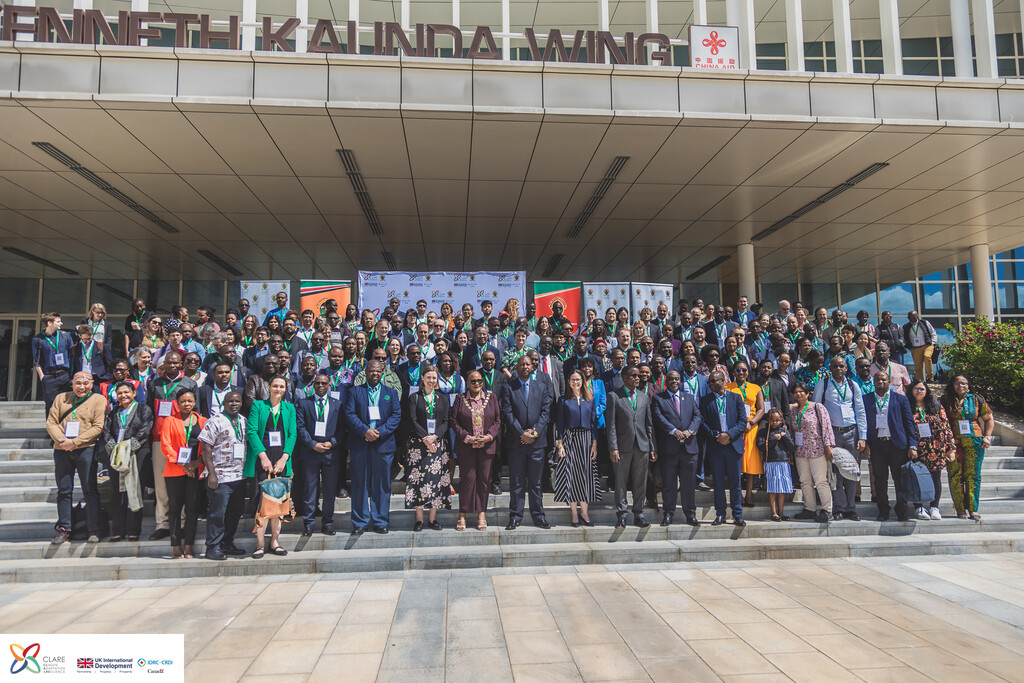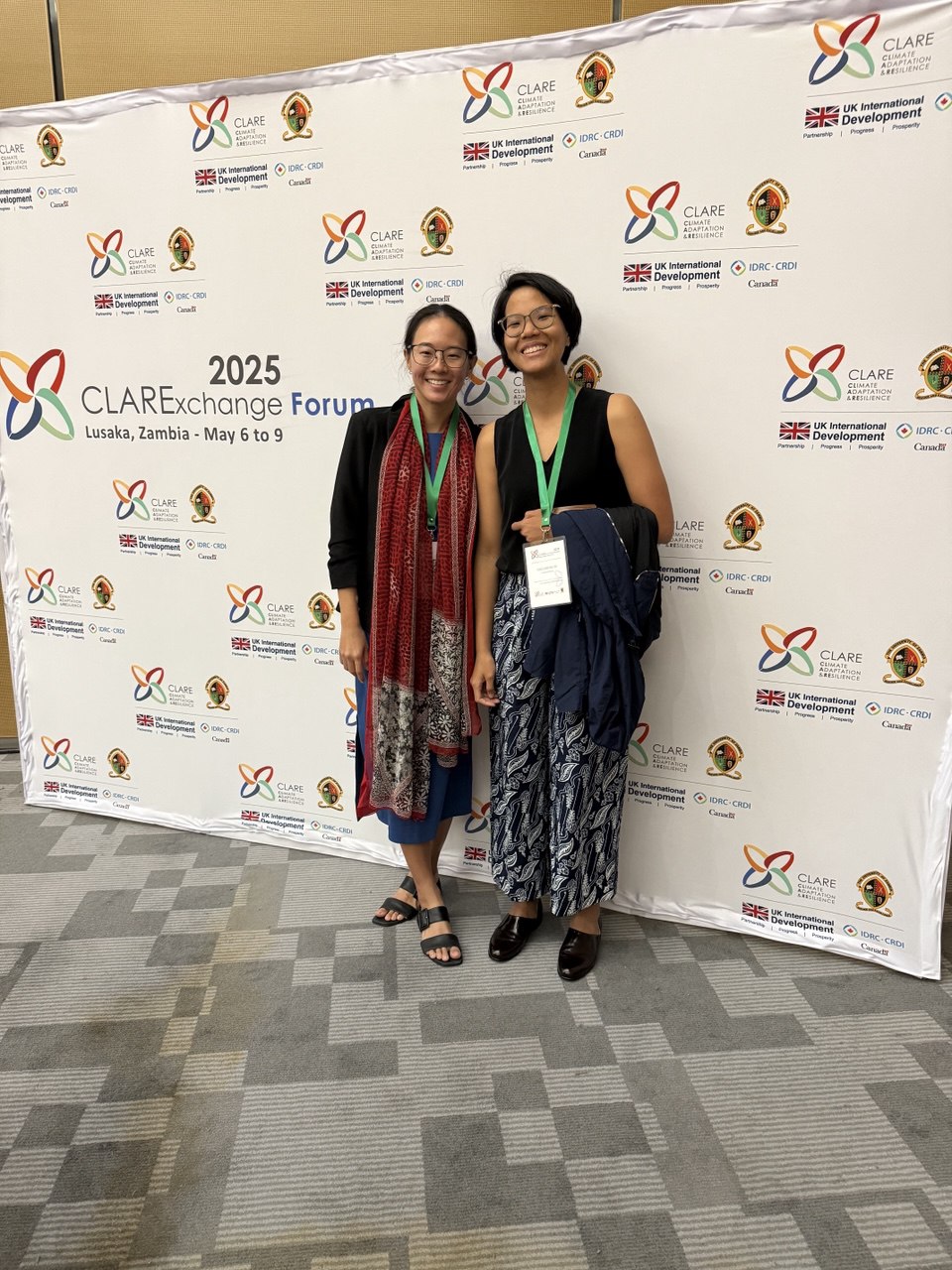
SMU’s continuous commitment to sustainability seeks to contribute to real-world impact – efforts that have included the launch of the Urban Institute, as well as various academic research projects on topics related to sustainability.
In the latest step to move from dialogue to action in the areas of climate research and reporting, SMU has partnered with the Climate Adaptation & Resilience (CLARE) programme to fund early-career climate scientists from the Global South. Such scientists play a key role in developing the Intergovernmental Panel on Climate Change (IPCC) Special Report on Climate Change and Cities, a key United Nations initiative that shapes climate policy worldwide.
CLARE is a flagship research programme on climate adaptation and resilience, funded by the Foreign Commonwealth Development Office (FCDO) and the International Development research Centre (IDRC). CLARE bridges critical gaps between science and action by championing Southern leadership to enable socially inclusive and sustainable action to build resilience to climate change and natural hazards.
The SMU-led project “Enhancing Inclusive Global South Participation in the IPCC Special Report on Climate Change and Cities”, was among those highlighted at the inaugural CLARExchange held in Lusaka, Zambia, from 6 to 9 May 2025.
Themed “Co-creating CLARE Narratives”, the conference served as a key platform for knowledge exchange, peer learning and cross-regional collaboration between researchers, practitioners, and policymakers tackling the frontline challenges of climate change.
This groundbreaking move helps to ensure broader representation in climate-vulnerable regions, strengthening their research capacity and bring tangible impacts on the ground.
Bridging the gap to include more diverse voices
Through SMU’s project, Chapter Scientists – early career scientists who will help senior scientists in coordinating research and analysis, particularly those from developing nations – will receive financial, technical and capacity-building support, including travel funding, IT resources, training in knowledge brokering and data management, as well as mentorship opportunities. So far, there are seven CLARE-funded Chapter Scientists.
“Our project aims to directly bridge include voices that are diverse in age and experience, equipping young researchers with the tools, networks, and confidence to shape future climate narratives, especially those relevant to urban resilience and vulnerable communities,” said Ms Graces Ching, Project Coordinator from SMU.

Amid the diversity of individual projects spotlighted at the conference, the SMU team found value in the wider thematic commonalities across the projects presented, ranging from shared methodologies in community engagement to scalable models for training and data sharing.
Participation in CLARExchange sub-groups now allows the team to access toolkits, approaches, and shared resources from more mature projects in the network.
“It was powerful to see how complementary our projects are – some projects focus on research topics surrounding climate adaptation and resilience such as health, nature-based solutions and intersectionality, while others strengthen capacity for Southern actors to do climate research.” commented Ms Ching “There’s clear potential to learn from the capacity-building frameworks of other projects and explore how we can further collaborate.”
As the CLARE programme looks to institutionalise CLARExchange as an annual event, SMU’s presence marks the University’s expansion of its footprint in global climate-policy dialogue. With the traction and network gained from the four-day CLARExchange, its project is making steady strides into its next phase of designing high-impact, regionally relevant training programmes.
“This experience has reaffirmed our belief that the future of climate adaptation research lies in collaboration, not competition. We left Zambia with renewed resolve, and a growing network of partners equally committed to ensuring that ‘Global South’ perspectives [can also] shape global climate futures,” said Ms Ching.
See also: SMU Champions Inclusive Global Climate Research at CLARExchange 2025 | SMU Newsroom; SMU and CLARE partner to advance inclusivity in climate reports | SMU Newsroom
Photo credit: SMU IPCC TSU Working Group II


